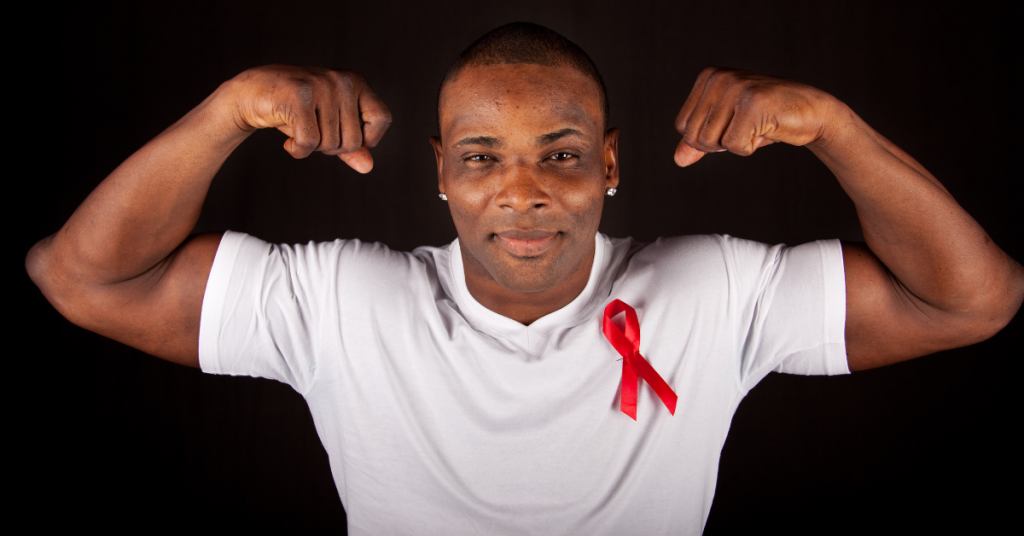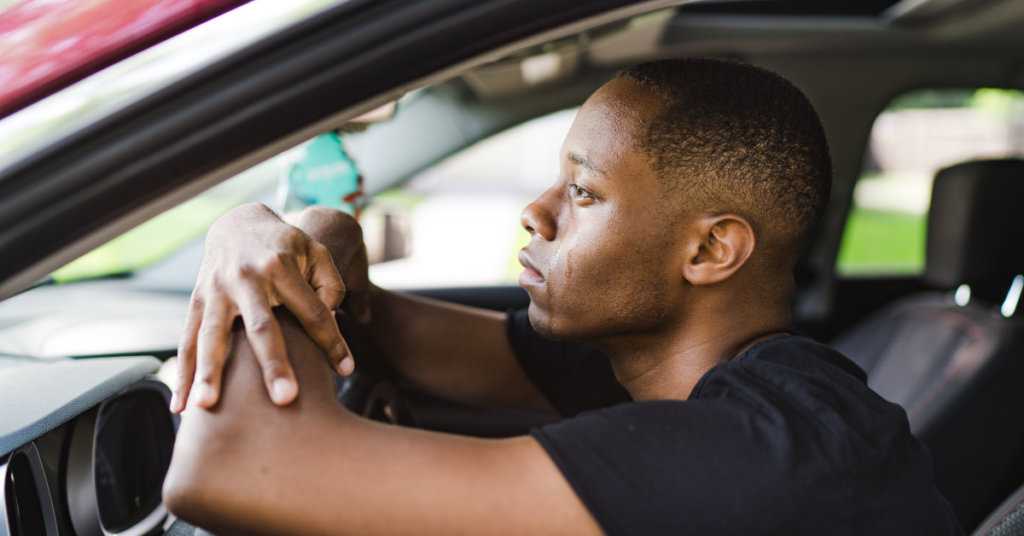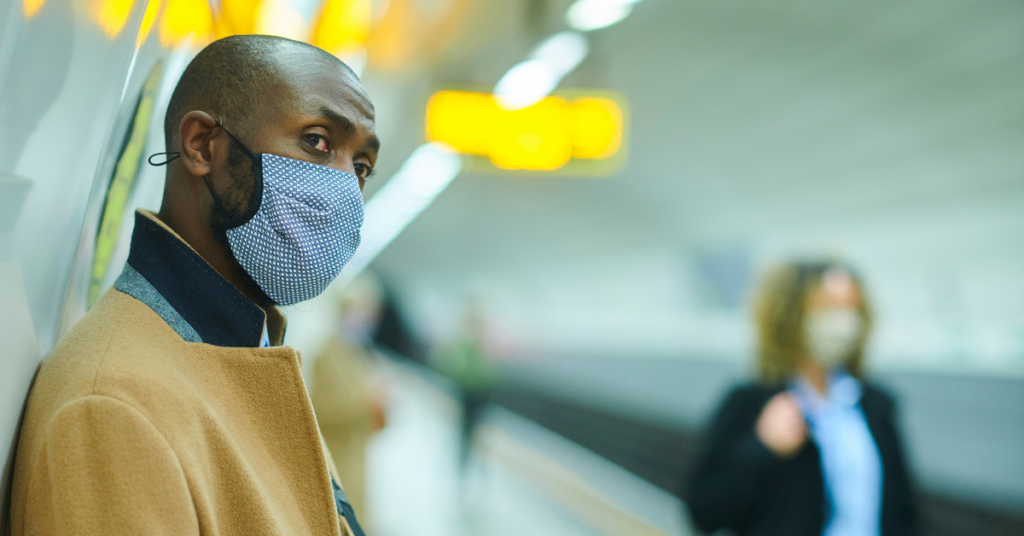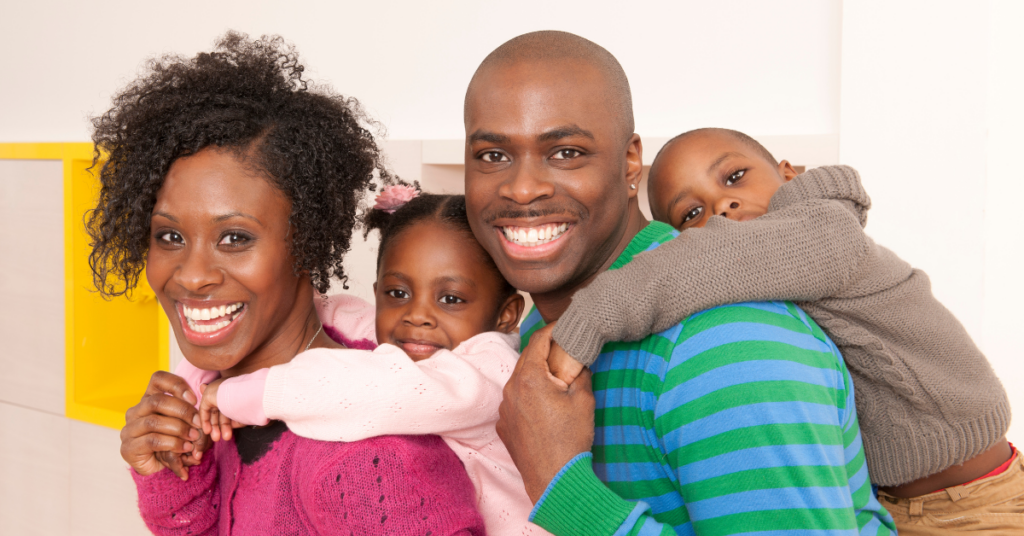This article was written by Sarah Goddard and Eric Winkfield of M Booth Health on February 4, 2022.
Black Men’s Health and Lisa Bowleg, PhD, MA, and Professor of Applied Social Psychology at George Washington University, contributed to this post.
Today is National Black HIV/AIDS Awareness Day, and shockingly, more than 40% of new HIV infections in the U.S. occur among Black people, despite Black people accounting for just 13% of the population. And Black men accounted for three-quarters of new HIV infections among Black people in 2019, according to data from the Centers for Disease Control and Prevention (CDC).
Many of our clients recognize how intertwined HIV is with other health and social needs, and together we work to improve HIV-related health outcomes. The U.S. has seen extraordinary progress since the epidemic’s peak: there are now just 34,800 new HIV infections in the U.S. annually, compared with 130,000 in the mid-’80s. However, recent data show these declines have not been equal for all. With persistent racial and ethnic disparities in HIV and HIV-related health outcomes, more progress is necessary.
In our opinion, the needle must move from equality (providing the same support to all) and equity (providing different support based on need) – to justice (removing the systemic barriers that create inequities in the first place).
MLK’s Words Resonate Today
Black History Month, with this year’s theme “Black Health and Wellness,” is a time to commit to improving health and wellbeing within Black communities, especially in light of the disproportionate impact COVID-19 has had on people of color. The pandemic dramatized how closely linked health is with social and structural factors that affect the ability to be well, from housing and economic opportunity, to access to health services, stigma, and discrimination.
“OF ALL THE FORMS OF INEQUALITY, INJUSTICE IN HEALTH CARE IS THE MOST SHOCKING AND INHUMANE.”
– Martin Luther King, Jr. at the Second National Convention of the Medical Committee for Human Rights, 1966
National Black HIV/AIDS Awareness Day serves as a moment to address the impact of HIV on Black communities. In addition to its deadly toll on people of color, COVID-19 has also hindered access to HIV services. It’s time to eradicate the stigma that prevents too many people from getting the care they need. It can be easy for some of us in comfortable situations to forget how much influence social and economic conditions have on a person’s ability to live a healthy life, let alone the discrimination that blocks them from getting tested, finding prevention and treatment services, adhering to medications, or sharing their HIV status with friends, family, colleagues, and sexual partners.
Perspectives from an Expert
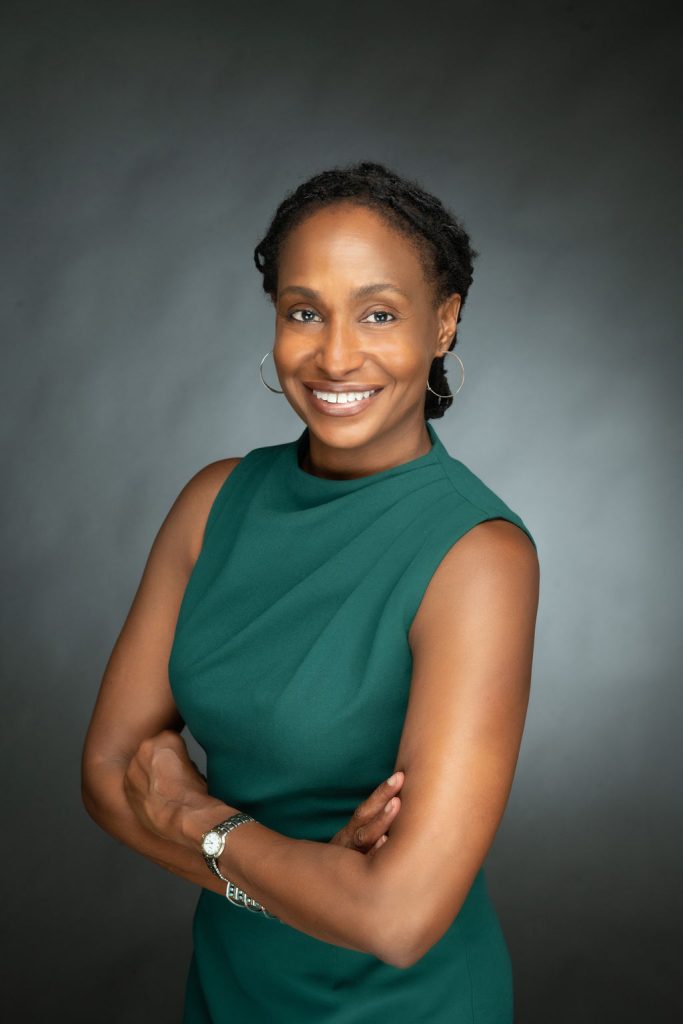
To uncover proactive approaches, M Booth Health and Black Men’s Health spoke with Lisa Bowleg, PhD, MA, and Professor of Applied Social Psychology at the George Washington University, whose research focuses on HIV prevention among Black men and resilience among Black LGB people. What follows are some of Dr. Bowleg’s thoughts and recommendations.
- HIV and intersectionality: Structural racism and its intersections with heterosexism, sexism, cisgenderism, and poverty drive spikes in new HIV infections among Black men, women, and transgender individuals. Among Black transgender people, additional factors include the intersection of structural racism and cisgenderism, and lack of basic human rights protections in employment and housing.
- Community engagement: To address inequities, there’s a dire need for more community-engaged and -led interventions, where communities most affected by HIV/AIDS helm HIV prevention efforts, and inform best approaches for treatment. This approach requires funding for community-led efforts, and interventions that reduce health inequities.
- Investment in Black communities: The rates of HIV and COVID-19 co-infection within Black communities stems from historical low investment in health equity for Black communities and little support for communities and community leaders engaged in the work.
- Solutions from within: Solutions reside among members of the community who look like the populations they serve, care deeply about them, and have the trust of community members.
Tear Down Barriers, Amplify Voices
Dr. Bowleg highlights the role that structural solutions play in driving health equity forward. There are signs of progress – the CDC, with the American Public Health Association and numerous state and local governments, declared racism a public health crisis, acknowledging the social and structural factors that lead to racial and ethnic health inequities, including in HIV. Health experts have made it clear: racism, not race, is a risk factor for infectious diseases like HIV and COVID-19 (see here and here). (For more from our M Booth Health colleagues on recognizing racism as a public health crisis, see here).
“RACE IS FOR ME A MORE ONEROUS BURDEN THAN AIDS. MY DISEASE IS THE RESULT OF BIOLOGICAL FACTORS OVER WHICH WE, THUS FAR, HAVE HAD NO CONTROL. RACISM, HOWEVER, IS ENTIRELY MADE BY PEOPLE, AND THEREFORE IT HURTS AND INCONVENIENCES INFINITELY MORE.”
–Arthur Ashe, in Days of Grace: A Memoir (1993)
Influential Black men are speaking out on HIV stigma and sharing their experiences with HIV. Rapper Lil Nas X performed with a Southern AIDS Coalition leader to spotlight HIV stigma in the South; award-winning performer Billy Porter shared that he has HIV and described the shame he felt in coming to terms with his status. And of course, Magic Johnson’s HIV disclosure more than three decades ago helped to shatter stigmas when he famously said to the media, “I think sometimes we think only gay people can get it…I am saying that it can happen to anybody – even me.” DaShawn Usher, Associate Director of Communities of Color at GLAAD, said in a statement, “The tremendous levels of stigma facing people living with HIV today can only be broken with the help of icons like Billy Porter” – along with community and structural interventions, adds Dr. Bowleg – “which can show the world that HIV is not at all a barrier to a healthy and successful life.”
Ending the HIV epidemic among Black Americans requires action and open conversations from all corners: celebrities, advocates, healthcare and social service providers, government actors, and community members. Awareness days are just that. As healthcare communications experts, we must amplify the voices of people who have been historically marginalized, and work smarter and harder to tear down social and structural barriers. In the words of MLK, injustice in healthcare is inhumane. Let’s all take responsibility for moving from equity to justice.


